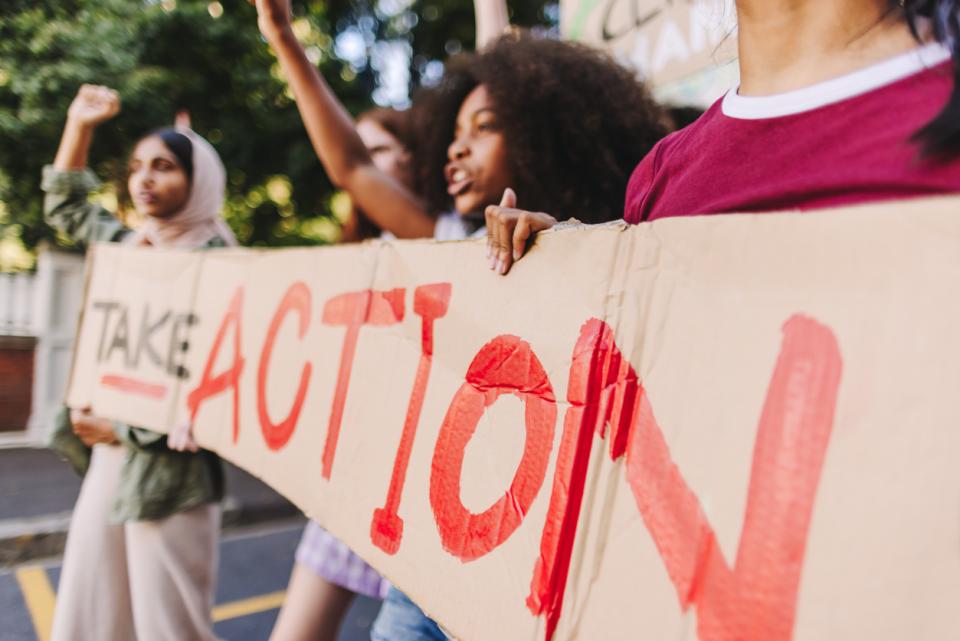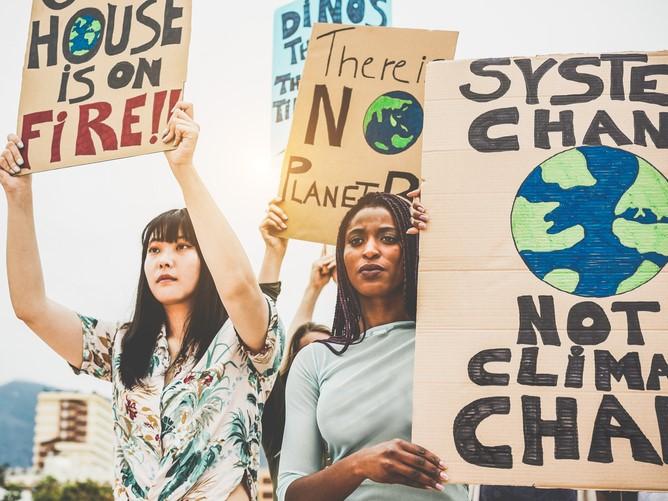Our students, particularly Gen Z, report feeling under pressure to solve the climate crisis. While we have successfully embedded sustainability-related issues into many academic modules, this often increases students’ eco-anxiety while falling short of providing practical actions they can take. To address this challenge, Green Consultants provides an extracurricular opportunity for students to take action, while developing new professional skills.
Why it helps
Primarily an employability programme, run by the Career Zone at the University of Exeter, Green Consultants is composed of three elements. First, students from any discipline and year group are trained to work as sustainability consultants with a variety of soft and technical skills. They can then work in groups for the university’s sustainability team to deliver real projects on campus, such as auditing out-of-hours electricity use. Finally, students can undertake a week-long internship with an external organisation. The students gain valuable work experience, the university moves towards its net-zero goals, and knowledge and skills are spread throughout the community.
- Resource collection: Universities’ role in the climate change battle
- Ease students’ climate anxiety by encouraging climate action
- THE podcast: universities aren’t too small to lead the climate crisis fight
Originally designed for up to 20 students, all of whom completed all three stages, with training delivered face to face, the training was relaunched online in September 2021. More than 400 students have now participated, with 250 finishing the training. The huge growth in engagement was thanks to increased capacity enabling more students to learn about this sector outside their academic studies.
Action against anxiety
Students lack awareness of sustainability employment opportunities, and often the problems are taught as too big to solve alone, which can be a paralysing combination. Taking action is the best offence against anxiety, and students can access the Green Consultants programme at any time.
Anxiety can also be amplified by loneliness, so we have built community into the programme. A Viva Engage group is used for frequently asked questions, and through a bespoke LinkedIn group, we nurture community, promote opportunities, encourage networking and engage with alumni. We share graduate-level roles, training opportunities, posts from industry advisory group members, and relevant LinkedIn posts to keep the group informed. Alumni are encouraged to continue engaging once they have graduated, to support current students’ development.
Students and employers often have unrealistically high expectations of what can be achieved in the limited time available. Managing these expectations without crushing enthusiasm and drive is a balancing act with both parties. Initially, some organisations believe our students will solve all their sustainability problems in one internship. We have been asked to prepare a company for B Corp certification in one week. At the same time, our students think they can do it. While it is often a hard knock to students to learn to accommodate policies, board members and budget limitations, these tools make them attractive graduate candidates and great sustainability champions in their careers.
We manage expectations when designing internships with employers by promoting SMART objectives and giving suggestions on what it is reasonable for students to undertake in a week. Previous projects have included a student devising a social media campaign to communicate sustainability actions to an organisation’s clients and calculating the carbon emissions for small organisations.
Impact and next steps?
Our sustainability work is driven by the career aspirations and values expressed by our students. A massive 88 per cent of our students think sustainability education is important, according to Responsible Futures research undertaken this year. We hope schemes like this can empower them with the confidence to make the greatest difference they can.
By taking our training online, we have scaled up the reach and enabled more students to engage as part of their career decision-making process. Each student who undertakes Green Consultants can progress as far as they want. About 50 per cent of those who complete the programme go on to work in the sector, taking up roles as graduate sustainability consultants and solar specialists, for example.
Students who complete the programme can demonstrate how they have made a difference to the university and an employer and that they do have the power and agency to make a difference. Students will take this learning with them whether they go into the green sector or not.
Helen Hicks is programme officer and Dawn Lees is student employability and development manager at the University of Exeter.
If you would like advice and insight from academics and university staff delivered direct to your inbox each week, sign up for the Campus newsletter.




comment